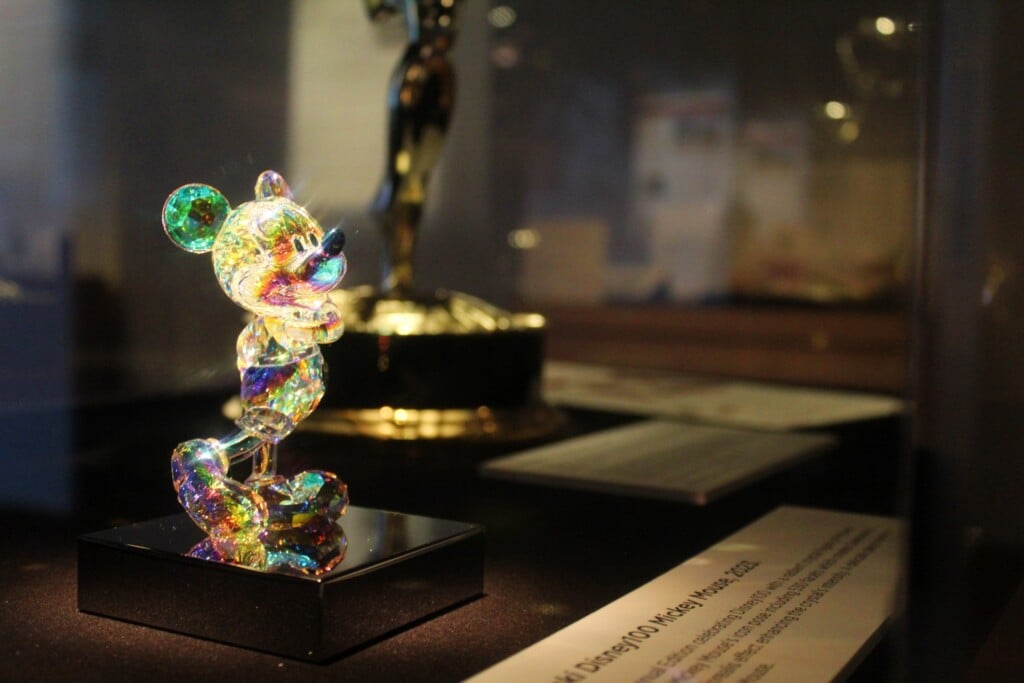Off Key
Stories about the people caught up in Hitler’s “final solution” frequently challenge playwrights and filmmakers. What other subject could be so moving or, if the ending isn’t tragic, so inspirational? For a writer who wants to take audiences into the camps, though, film turns out to be a better medium than the stage. A camera, using shadows and light, can capture subtleties of the horror while still forcing us to look. But in the intimacy of a theater, it’s hard to be completely transported to another era. And if a play can’t overcome that obstacle, the drama bleeds into melodrama.
Such is the sticky nature of the Coterie Theatre’s Playing for Time, adapted from Arthur Miller’s teleplay chronicling the true story of women who survived Auschwitz by performing in the camp’s orchestra. Many of the play’s components come off well, especially the tightly wound and compelling performance by Melinda McCrary as Alma Rose, the orchestra’s conductor. Ultimately, though, the production is hindered by its scale and the naivete of its young cast.
Director Sidonie Garrett and musical director Molly Jessup do an amazing job presenting a credible orchestra of desperate women. The music — played at the request of Dr. Mengele or random guards — only hints at beauty because the players were mostly novices. Their discordant melodies are, then, the perfect accompaniment to the women’s plight. When the cellist has to go to the infirmary, a female guard (Dawn Youngs) says to Rose that surely someone can learn the cello for the next day’s concert. Rose’s reply can’t be anything but “of course.”
The program starkly notes, “Place: Auschwitz-Birkenau Death Camp.” Other than McCrary, though, few of the actors have the gravitas to take the audience to Poland. Part of the problem is with the script, which has been cut from the original text with very dull scissors. The actors can’t make up for it.
The story is told through the eyes of Fania Fenelon, played rivetingly in the movie by Vanessa Redgrave but here by Saren Nofs-Snyder, who has neither the voice to be a believable cabaret star nor the maturity to wield the power she eventually obtains. As fine as Lisa Harper’s and Gregg Benkovich’s costumes are, Nofs-Snyder never escapes the confines of a graduate student at a costume party.
When asked how she got to Auschwitz, one character chirps, “My boyfriend was in the resistance,” as if she’s been asked how she got to the mall. Moreover, Garrett’s double-casting of the men undercuts everything they do. The actor playing Mengele shows up at the end as a French soldier — or so we assume from his beret — and the scene devolves into the absurd.
Though I have yet to see a play set in a concentration camp that really works, playwrights shouldn’t stop trying. Playing for Time is necessary and educational but vaguely — and this is not said lightly — silly.




